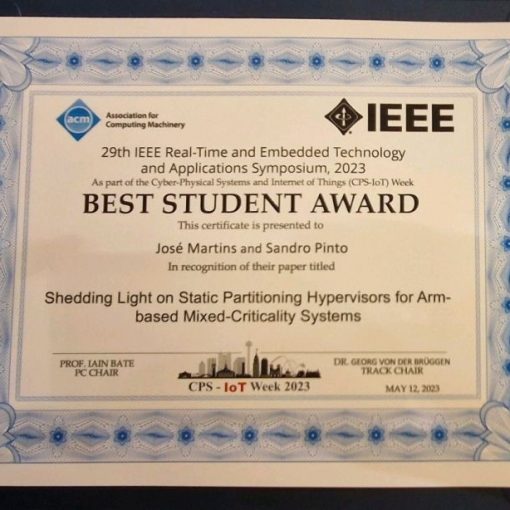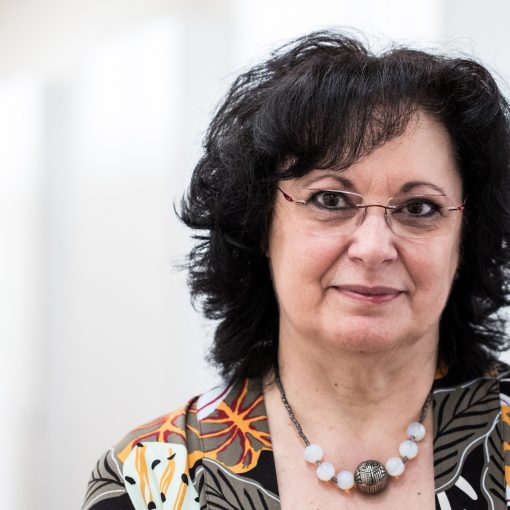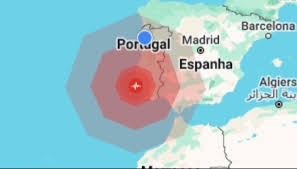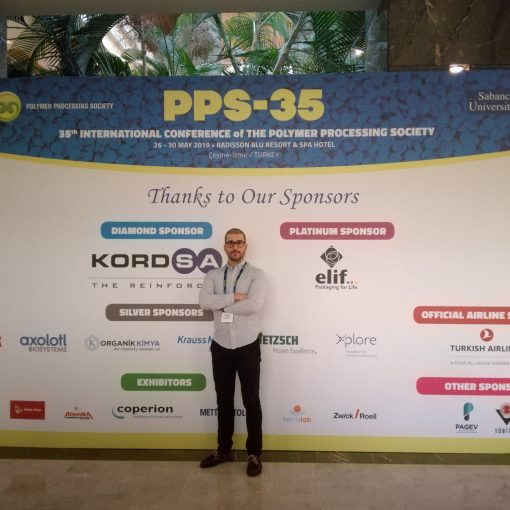The year 2020 was marked by the emergence of the covid-19 pandemic and with it millions of deaths, the near collapse of the health sector and the economy in almost all parts of the globe. At the same time, the mandatory containment also on a global scale brought some “relief” to the environment, with a drastic reduction in the emission of polluting gases. However, the pandemic brought another problem to solve and concern environmentalists: the thousands of protective equipment, including masks, and others used by both the general population and health professionals, since most of them are made of plastic.
“Disposable masks are essentially made of plastic material, so their harmfulness to the environment is similar to that of other plastic waste, which includes not only impacts on the production of plastic itself, but also in the waste phase,” says the Ministry of Environment and Climate Action (MAAC). “One of the major problems encountered with the use of these masks is also the incorrect disposal to the ground, which can lead to these plastics ending up in the soil, rivers and sea, with consequences similar, for example, to those of other plastics when abandoned: The contamination of the soil and bodies of water, not only by the plastic itself, but also by the materials that result from its degradation and the harmful effects at the level of the marine life,” continues to explain the same entity, adding: “If one per cent of disposable mascara is disposed of incorrectly, besides the risk to public health, that’s six tonnes of plastic entering our soils, our rivers and streams, and the sea, every month. And this is a material that takes between 300 and 400 years to degrade”.
However, in an era where “Recycling” is the watchword, several projects with solutions to this problem soon appeared in Portugal, including the spin-off UMinho To-Be-Green: “We highlight, for example, the project Recolher e Valorizar, developed by the company TO-BE-GREEN, in partnership with the Textile Engineering Department of the University of Minho, which is based on the recovery of disposable protective masks. The project aims to collect used masks and transform them into polypropylene pellets, for subsequent incorporation as raw material in the manufacturing industry, creating new products and promoting the circularity of materials, while complying with the legal constraints applicable to the type of project,” says MAAC, stressing that, “understanding its advantages from the environmental point of view, the Portuguese Environment Agency has already expressed its support for this project.
Find out more about this project and how you can help to minimise this new environmental problem here.
Source: Nova Gente



